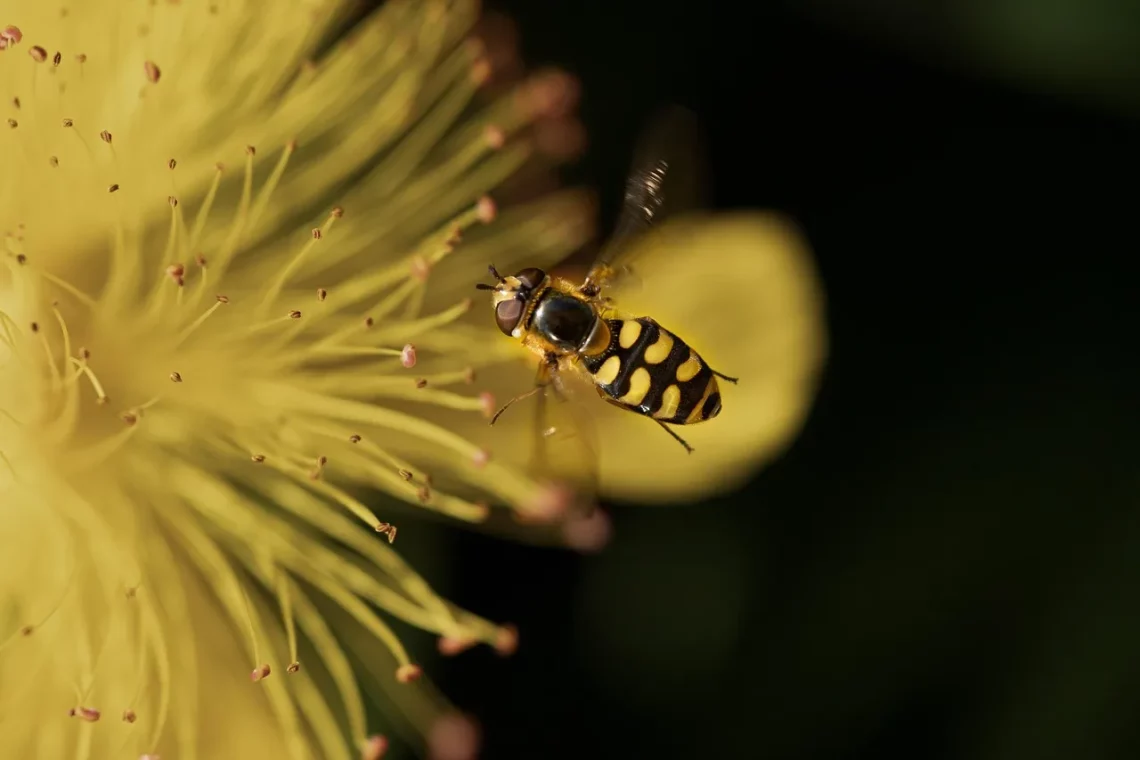
Effective Flies Spray: Tips for Keeping Your Home Fly-Free
Flies can be an unwelcome nuisance in any home, disrupting daily life and creating an unclean environment. These pests are not only annoying but can also pose health risks, as they are known to carry various diseases. The presence of flies often indicates underlying issues, such as improper sanitation or open access to food sources. As the weather warms up, these insects become more prevalent, making it essential for homeowners to take proactive measures to keep their living spaces fly-free.
Various methods exist for tackling fly infestations, ranging from natural remedies to commercially available sprays. Understanding the behavior and habits of flies can significantly enhance your ability to prevent their entry into your home. Implementing effective strategies can protect your living area, ensuring a comfortable and hygienic environment for you and your family. In this article, we will explore various tactics that can be employed to manage and eliminate flies effectively, helping you maintain a fly-free home.
Understanding Fly Behavior and Habitats
To effectively combat flies, it is crucial to understand their behavior and the environments they thrive in. Flies are attracted to food sources, especially decaying organic matter, which serves as their breeding ground. Common types of flies that invade homes include houseflies, fruit flies, and drain flies. Each species has specific preferences for breeding and feeding, which can inform your strategy for control.
Houseflies are often found in areas where food is left exposed or where waste accumulates. They are known to breed in trash bins, compost heaps, and even animal feces. On the other hand, fruit flies are attracted to ripe or fermenting fruits and vegetables, making kitchens and pantries prime targets. Drain flies are typically found around damp areas, such as sinks and drains, where organic material can accumulate.
Recognizing these preferences can help you eliminate potential breeding sites. For instance, keeping food sealed, regularly cleaning kitchen surfaces, and ensuring proper waste disposal can significantly reduce fly attraction. Additionally, maintaining a clean environment by promptly addressing spills and decaying materials is essential. By understanding where flies come from and what attracts them, you can take informed steps to minimize their presence in your home.
Natural Remedies for Fly Control
For those who prefer eco-friendly solutions, several natural remedies can effectively deter flies from invading your home. These methods are often safe for use around pets and children, making them ideal for family households.
One popular natural remedy is the use of essential oils. Oils such as lavender, peppermint, and eucalyptus are known to repel flies. You can mix these oils with water in a spray bottle and apply them to areas where flies are commonly seen. Not only will this method help keep flies at bay, but it will also leave your home smelling fresh.
Another effective natural solution is the use of vinegar traps. Flies are attracted to the smell of vinegar, particularly apple cider vinegar. To create a trap, fill a jar with apple cider vinegar and cover it with plastic wrap. Poke small holes in the wrap to allow flies to enter, but make it difficult for them to escape. This method can help capture flies effectively without the use of harsh chemicals.
Additionally, herbs such as basil, mint, and bay leaves can be planted around your home or kept in pots indoors to deter flies. The strong scents of these herbs act as natural repellents. Placing bowls of water with soap in areas where flies gather can also help; the soap reduces the surface tension of the water, causing flies to drown when they land.
Commercial Fly Sprays and Their Effectiveness
For those dealing with more significant fly problems, commercial fly sprays can provide a quick and effective solution. These products are designed to kill flies on contact and often contain insecticides that target specific types of flies. When choosing a commercial fly spray, it is essential to look for products that are safe for indoor use and have been approved by relevant regulatory bodies.
One advantage of using commercial sprays is their fast-acting formula. They can quickly reduce the number of flies in your home, providing immediate relief from infestations. However, it is crucial to follow the instructions carefully to ensure safe application. Overuse or improper application can lead to health risks and environmental concerns.
Many commercial sprays also include residual effects, meaning they continue to repel flies after the initial application. This can be particularly useful in maintaining a fly-free environment for an extended period. However, it is essential to note that while sprays can be effective, they should be used as part of a broader strategy that includes sanitation and preventive measures.
When employing commercial fly sprays, consider combining them with other tactics such as fly traps or natural repellents. This holistic approach can enhance your efforts and lead to a more sustainable solution for keeping your home fly-free.
Preventive Measures to Keep Your Home Fly-Free
While dealing with an existing fly problem is crucial, preventing future infestations should be a priority. Implementing a few simple preventive measures can significantly reduce the likelihood of flies entering your home.
First and foremost, maintaining cleanliness is key. Regularly clean your kitchen and dining areas, ensuring that no food particles are left exposed. Store food in airtight containers and promptly dispose of any waste. Pay special attention to areas where food waste is generated, such as trash cans and compost bins. Keeping these areas clean and covered can eliminate potential breeding grounds for flies.
Additionally, sealing entry points around your home is essential. Check for gaps in windows, doors, and screens, and ensure they are properly fitted. Installing door sweeps can also help prevent flies from entering when doors are frequently opened.
Another preventive measure is to manage moisture levels in your home. Flies are attracted to damp areas, so fixing leaks and ensuring proper drainage can reduce their presence. Regularly cleaning drains and keeping them free of organic material can help eliminate drain flies and prevent them from becoming a nuisance.
Lastly, consider using fly traps or screens in key areas of your home. These tools can help catch flies before they enter your living space, further enhancing your fly prevention strategy.
In conclusion, maintaining a fly-free home requires a combination of understanding fly behavior, utilizing effective natural and commercial solutions, and implementing preventive measures. By adopting these strategies, you can create a comfortable and hygienic living environment for you and your family.
**Disclaimer:** This article is not intended as medical advice. If you have health concerns related to flies or any other issues, please consult a medical professional for guidance.




